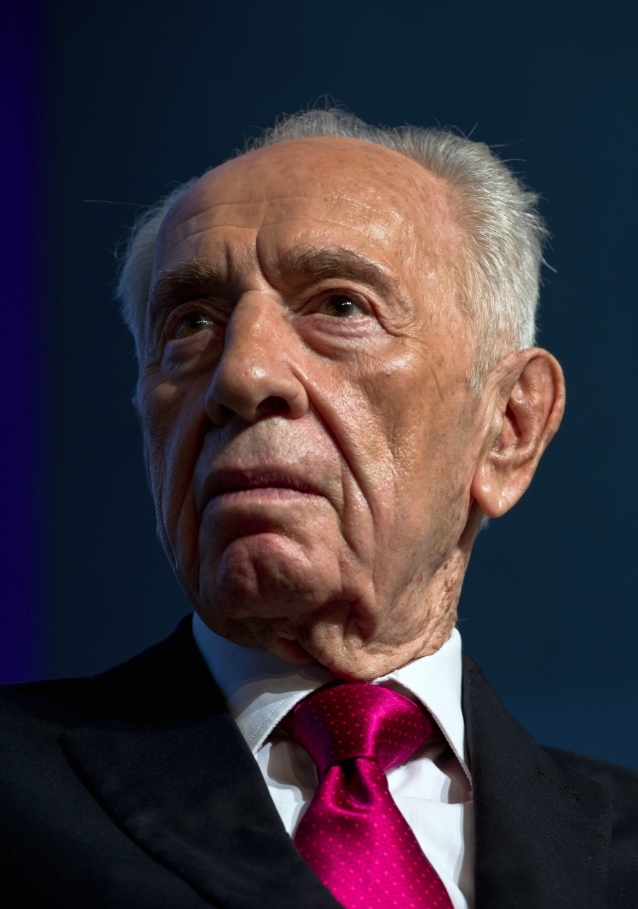
JERUSALEM – When former prime minister and Nobel peace laureate Shimon Peres suffered a massive stroke late Tuesday, Israelis braced for the worst.
Peres is 93 years old. Reporters camped at the doors of the Tel Aviv hospital, where he was undergoing treatment. Media in Israel began to post early eulogies and photographic retrospectives. His doctors administered heavy sedatives. Peres was unconscious. His son urged prayers.
Twitter and social media exploded with wishes for his recovery – and debate over his legacy.
On Wednesday morning, his medical team announced that they were “cautiously optimistic.” His condition is now listed as “serious but stable.” Peres is being sedated but is responsive.
Peres is a remarkable nonagenarian. The morning of his stroke, he gave a one-hour speech.
On his birthday, he opened a Snapchat account.
Peres’ son-in-law and his personal physician, Rafi Valden, said Wednesday that doctors briefly reduced his sedation to update his condition.
“We were happy to see he was responsive,” Valden said. “I talked with him. I asked him to squeeze my hand and he did so vigorously. He was listening and reacting.”
Zeev Feldman, a member of the neurosurgical team treating Peres, said the examinations were encouraging.
“This indicates that his cognitive functions are working and that he is capable of comprehending words and translating them into actions,” Feldman told reporters. “Regaining consciousness and following basic instructions are definitely an important phase and indicates an improvement.”
Valdan said “there is no longer an imminent threat to his life,” but cautioned it was too soon to know what toll the stroke took on his brain and body. They are keeping Peres deeply sedated so his brain can heal.
Twitter was filled with well wishes and prayers.
There was also debate over his legacy.
Peres is one of the last surviving members of the founding generation of Israeli leaders. As foreign minister, Peres shared the Nobel Peace Prize in 1994 with Itzak Rabin and Palestine Liberation Organization leader Yasser Arafat for their efforts to create an interim peace deal – a peace process that is now stalled.
Earlier in his career, Peres helped turn Israel into a nuclear power and built its armed forces into the most powerful in the Middle East. He also promoted Jewish settlements in Gaza and the West Bank, which now the United States considers “an obstacle to peace.”
Featured Image: Bloomberg photo by Galit Rodan.
—
(c) 2016, The Washington Post · William Booth ·

